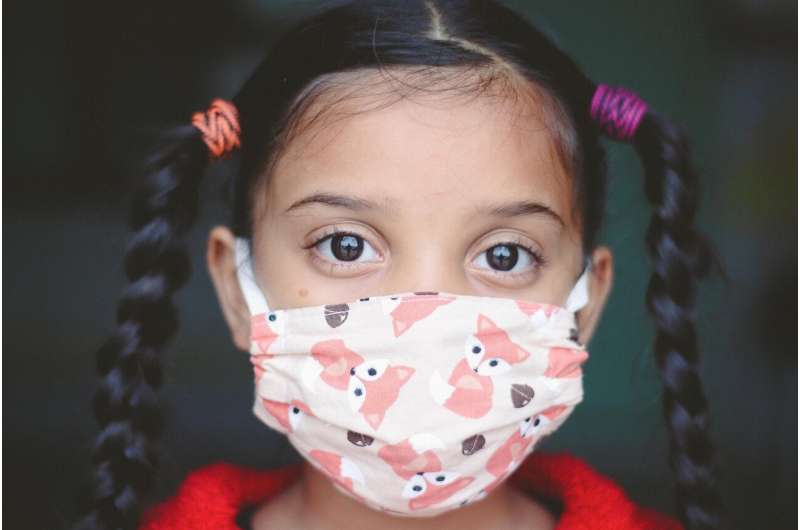Racial inequalities and COVID-19: Addressing the long-term impacts

It didn't take long for the world to feel the pandemic's impact on existing inequalities. A year after the arrival of COVID-19, however, and many of those outcomes have proven to be far more wide-reaching and devastating than anticipated, especially where race and ethnicity is concerned.
As more research emerged over the course of the past year, the role that structural racism has played in furthering these inequalities has become increasingly apparent. Vaccine mistrust among black and Asian communities has been revealed to be far more complex than initially portrayed by the government. The limitations of also looking at data through a "BAME" lens have been exposed, with calls for less generalized information about COVID-19-related outcomes for wildly disparate and varied ethnic groups. And within the youth labor market, black people have been hit the hardest by COVID-19 restrictions.
Against the backdrop of the government's controversial report on race and ethnic disparities, it appears that there's a struggle between two camps about why these racial inequalities intensified throughout the pandemic. On the one hand, as espoused by the report, there are those who believe that structural racism doesn't play a role in dramatically accelerating these issues. On the other is the understanding (backed up by peer-reviewed research) that race, ethnicity and structural racism are significant factors in aggravating disparities.
In order to understand how far-reaching these COVID-19-related outcomes are in terms of racial inequality, The Conversation is running a webinar on May 4, 2PM BST, the second in a series in partnership with the International Public Policy Observatory (IPPO).
The webinar will bring academics together to discuss the full social and health impacts of the pandemic on various black, Asian and ethnic minority communities and what we need to do now to ensure better policies and outcomes as we recover from COVID.
Society and Arts editor, Kuba Shand-Baptiste, will host the event and she will be joined by:
Claudia Bernard, Professor of Social Work at Goldsmiths and member of the Black Female Professors Forum, which is conducting research into the impact of COVID-19 on black, Asian and minority ethnic people in the UK.
Winston Morgan, Reader in Toxicology and Clinical Biochemistry and Director of Impact and Innovation, University of East London, who has written for The Conversation about why racism needs to be seen as a bigger factor in dealing with vaccine hesitancy.
James Nazroo, Professor of Sociology at the University of Manchester and co-author of a recent rapid evidence review on inequalities in relation to COVID-19 and their effects on London, as well as co-author of a state of the nation report on Ethnicity, Race and Inequality in the UK.
The webinar will be free to watch directly via Facebook, YouTube and on Twitter. No registration is needed. You can sign up to receive a reminder about the event and how to watch here.
More information: To find out more about this groundbreaking project, sign up for the newsletter here.
This article is republished from The Conversation under a Creative Commons license. Read the original article.![]()



















